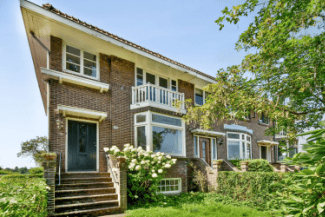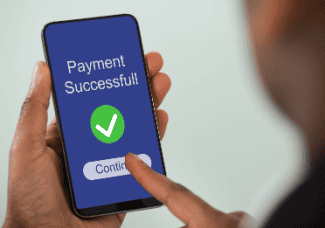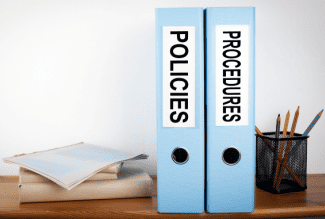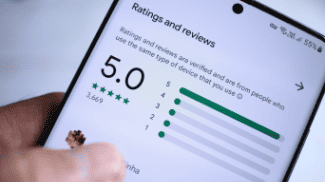Why House Hacking a Plex Is the Best Possible Way to Start Investing
If you’re at all interested in multifamily real estate investment, then there are two words you need to learn right now: house hacking.
What does it mean to hack a house? The definition is simple: buy a residential multifamily (4 units or less) with strong cash flow numbers, live in one of the units, and rent out the rest.
New investors are discovering house hacking as the best way to get started in real estate investment. In this post, I’m going to share three big reasons why that’s the case.
Ease of Financing
One of the benefits of multifamily investing, in general, is economy of scale. One transaction gets you multiple income-producing units. As a result, per-unit acquisition costs on multifamily properties are typically much lower than single families. From a cash-on-cash perspective, that’s terrific news.
Economy of scale matters for financing, too. Especially with new investors, lenders like to see a property with multiple streams of income. They want to know you’ll have enough cash flow to keep paying the note even if a tenant disappears on you.
On top of that, lenders will typically count 75% of the income from those additional units in your favor. That added income will help you qualify for higher dollar amount than you could on a single-family property.
Scale isn’t the only thing that makes financing a house hack easier than a commercial multifamily. Thanks to FHA, residential investors can take advantage of loan products with significantly lower down payment requirements and better rates than the alternatives.
A Smarter Way to Pay for Housing
Consider the following scenario:

Let’s take the single-family first. You find a house you love for $300,000 and put 5% down on a 30-year loan at 4% interest. Assuming a tax rate of 1.5% and insurance at $2000/yr., that’d put your monthly payment at about $2,000/month. You might decide to rent out a room or two. If not, that $2,000 is entirely on you.
Now, let’s imagine you choose a duplex instead at the same price point, down payment, and loan terms. Let’s put the rent at $1,250 (about the national average for a 2-bedroom). Congratulations. You’ve effectively lowered your monthly housing obligation to $750. Not bad.
Take that scenario a step further and imagine you went with a triplex instead of the duplex. Assuming the units you choose to rent are both 2-bedrooms, that puts your monthly gross income at $2,500. Now you’ve got a $500 surplus at the end of the month to plow into expenses, capital improvements, and so on.
This isn’t pie in the sky math. This is how house hacking works.
Of course, you’re going to have to trade off some things in the process—a bedroom or two, yard space, parking, etc. But this is just the beginning of your investment journey, not the end. Just a few years in a hacked plex will prepare you to move into the single-family of your dreams soon enough.
Learn on the Job
“Passive income” is a paradox. It doesn’t just happen; it takes years of hard work to establish a portfolio and a system that’ll put real money in your bank account every month without you having to handle the day-to-day.
One of the hardest parts of that early journey is learning to manage property. Nobody’s born with a filled-out property management toolkit. It takes time to build up the business sense and emotional intelligence needed to handle people and properties well.
The question is: where are you going to get that experience?
House hacking answers that question in the least intimidating way possible. When you hack a plex, you become your property’s on-site manager. From a tactical standpoint, that puts everything within arm’s reach. It’s much easier to manage a property from next door than from the next state over.
From an experiential standpoint, you get hands-on experience as a landlord: marketing property, showing units, screening tenants, writing leases, collecting rent, and fielding maintenance calls. You’ll outsource these things soon enough, but it’s always better that you understand these basic mechanics before you hand them off to someone else.
Free Rental Application
Get 20 Rental Forms for FREE, including a rental application.
Conclusion
There’s no better way to learn this business than to immerse yourself in it. House hacking literally accomplishes just that. If you want to build a massive commercial portfolio someday, then that’s fantastic.
Source: Rod Khleif















 Accessibility
Accessibility